Alcohol Cravings

By The Recovery Village
Medical Reviewer Danielle Boland | Editor Erica Weiman
Last Updated: March 24, 2023
Editorial Policy | Research Policy
Alcohol cravings are a risk of relapse for those struggling with alcohol addiction. Understanding cravings and avoiding triggers is crucial for recovery.
Recovery from alcoholism can be difficult and requires mental and physical support. Alcohol use disorder is the most common substance use disorder in the United States, with 14.1 million people over the age of 182 diagnosed in 2019. Alcohol cravings can occur when someone addicted to alcohol stops drinking, and it is a risk for relapse. Understanding alcohol cravings and avoiding triggers is crucial for recovery from an alcohol use disorder.
What Are Alcohol Cravings?
Alcohol cravings occur when4 someone is addicted to alcohol. Alcohol cravings5 are described as a powerful urge to drink alcohol coupled with constant thoughts about getting and drinking more alcohol. According to research5, alcohol cravings play a large part in the continued abuse of alcohol.
Why Do I Crave Alcohol?
Alcohol cravings can happen due to external and internal triggers6. External triggers include situations, people, or places, while internal triggers are linked to someone’s emotional state, such as anger or sadness and physical symptoms6 related to alcohol withdrawal.
The strongest trigger7 of alcohol relapse is alcohol cravings. Alcohol use can trigger5 the reward center of the brain, making someone feel happy or content while drinking. This can lead to the brain “craving” alcohol when it is not being used, to recreate those happy feelings.
Related Topic: Why Is Alcohol Addictive?
How Long Do Alcohol Cravings Last?
There is no set timeline for the length of alcohol cravings. It is specific to each person who is working towards recovery from alcohol use. During alcohol withdrawal8, cravings can occur frequently and with high intensity. Withdrawal symptoms, including cravings, can begin as soon as a few hours after the most recent drink.
Alcohol cravings come and go and depend on many factors13, such as:
- Length of abstinence from alcohol
- Presence of alcohol
- Stressful life situations
- Presence of support systems
How to Stop Alcohol Cravings
Alcohol cravings can be hard to manage, especially during the early phases of abstinence from alcohol use. Some techniques and interventions can help reduce alcohol cravings and maintain abstinence from alcohol.
Outpatient Treatment & Support Groups
The early phases of recovering from alcohol abuse are some of the most crucial to overall recovery. Environments like outpatient treatment or support groups can be helpful1 in reducing and managing alcohol cravings.
Identifying Triggers for Alcohol Cravings
One of the best ways to help reduce alcohol cravings2 is to identify situations that may increase the risk of craving alcohol. Alcohol cravings can be triggered by many different things, including physical, mental and emotional situations, including:
Supplements for Alcohol Cravings
For those who want to supplement their recovery with natural remedies, certain supplements may be beneficial in regaining health and reducing alcohol cravings.
Foods That Stop Alcohol Cravings
Nutrition can be a critical aspect of recovery3 from alcohol addiction and controlling alcohol cravings. Creating a wholesome food routine can help those who are recovering from alcohol addiction physically and mentally.
Medications For Alcohol Cravings
For those who need additional support managing alcohol cravings, certain medications have been shown to help reduce alcohol craving symptoms. There are three common medications4 prescribed by a physician or psychiatrist to help manage alcohol craving symptoms:
Alcohol Cravings and Relapse Risk
Alcohol cravings can make recovery from alcohol use disorder difficult. The number of people, places and situations that can trigger alcohol cravings could feel endless, and this is especially dangerous in the early phases of recovery when a strong support system and coping mechanisms may not be in place.
Someone who is in the earlier stages5 of recovery is at higher risk of alcohol cravings and relapse due to withdrawal. Due to the intense nature of alcohol cravings, it may feel impossible for someone to ignore cravings. They may continue to drink to satisfy that craving and ease withdrawal symptoms.
Alcohol Addiction Treatment And Rehab
There are a lot of different options for people who are suffering from alcohol use disorder and alcohol cravings. Treatment centers like The Recovery Village Cherry Hill at Cooper have a few different treatment options to treat alcohol addiction, including:
The Recovery Village Cherry Hill at Cooper offers a full continuum of care for those looking for substance use treatment. Their inpatient and outpatient services include:
- Medication-assisted treatment
- Dual diagnosis for co-occurring disorders
- Individual and group therapy
- Family therapy
- Case management
- Aftercare services
If you or a loved one is struggling with alcohol cravings or alcohol addiction, The Recovery Village Cherry Hill at Cooper has licensed medical professionals and certified support staff that can help. Reach out today to learn more about coverage for treatment and what options are available to you.
Questions?
Our Recovery Advocates are ready to answer your questions about addiction treatment and help you start your recovery.
Sources
- National Institute on Alcohol Abuse and Alcoholism. “Treatment for Alcohol Problems: Finding and Getting Help.” August 2021. Accessed March 5, 2022
- National Institute on Alcohol Abuse and Alcoholism. “Understanding Alcohol Use Disorder.” April 2021. Accessed March 5, 2022.
- Castaneda, R. “What’s The Best Diet for Newly Sober A[…]oholics and Addicts?” U.S. News & World Report, May 6, 2021. Accessed March 5, 2022.
- Mount Sinai Health Library. “Alcoholism.” Accessed March 3, 2022.
- National Institute on Alcohol Abuse and Alcoholism. “Craving Research: Implications for Treatment from Alcohol.” October 2001. Accessed March 3, 2022.
- Villa, L . “Alcohol Cravings and Relapse.” American Addiction Centers, November 29, 2021. Accessed March 3, 2022.
- O, Jennifer. “Alcohol Addiction Relapse Might Be Thwar[…]ng Off Brain Trigger.” University of California San Francisco, June 23, 2013. Accessed March 4, 2022.
- Newman, RK; Stobart Gallagher, MA; et al. “Alcohol Withdrawal.” StatPearls, November 13, 2021. Accessed March 5, 2022.
- Kavanagh, D. “Measurement of alcohol craving.” Addictive Behaviors, February 2013. Accessed March 5, 2022.
- Cleveland Clinic. “Alcohol Use Disorder.” June 6, 2021. Accessed March 5, 2022.
- American Psychological Association. “Understanding alcohol use disorders and their treatment.” September 2018. Accessed March 5, 2022.
- Haass-Koffler, C. “Pharmacological Approaches to Reducing C[…]cohol Use Disorders.” CNS Drugs, April 28, 2014. Accessed March 5, 2022.
- Padovano, HT; Miranda Jr., R. “Incubation of alcohol craving as it natu[…]ondependent drinkers.” Addiction Biology, May 2021. Accessed March 5, 2022.



